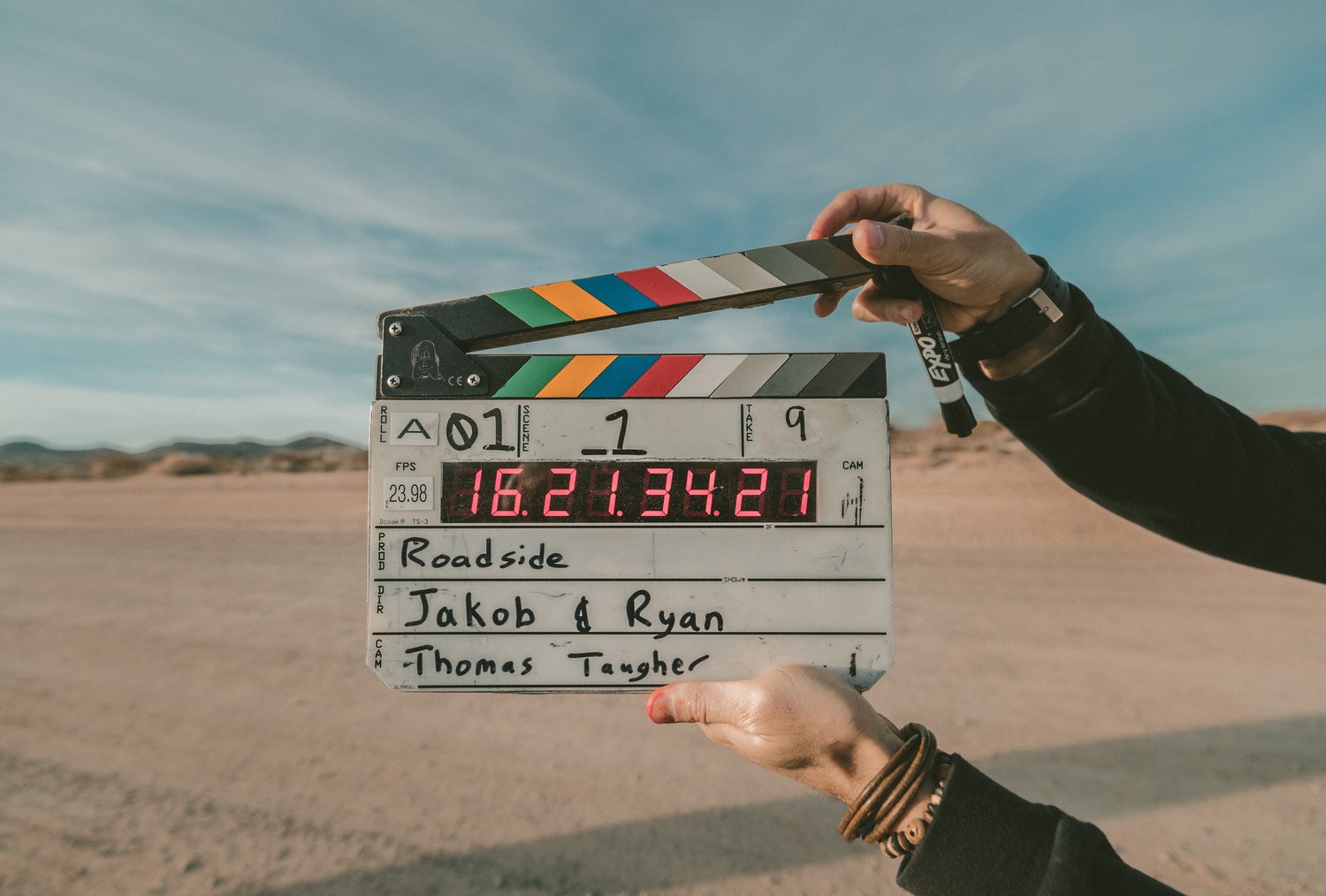Image: https://unsplash.com/photos/clap-board-roadside-jakob-and-ryan-CiUR8zISX60
by Nancy Fernandez
In the vast realm of the internet, where movie lovers explore and celebrate their favourite films, it’s crucial to ensure that websites are accessible to everyone. Did you know that according to web accessibility statistics, a significant percentage of users face challenges when navigating online content due to varying abilities? Website accessibility is like opening the doors of a cinema to all, irrespective of their abilities or disabilities. In this guide, we’ll delve into the importance of website accessibility, its impact on the movie-loving community, and simple steps that can be taken to make websites more inclusive and enjoyable for everyone.
Understanding Website Accessibility
Website accessibility refers to the design and development of websites that can be used by people of all abilities and disabilities. Just as a movie should be enjoyable for everyone, websites should be navigable and understandable for all users, including those with visual, auditory, motor, or cognitive impairments. Making websites accessible is not only a matter of ethics but also a legal requirement in many places.
Why Does Accessibility Matter for Movie Lovers?
Inclusive Movie Discussions: Everyone should be able to participate in online discussions about their favourite movies. With accessible websites, individuals with disabilities can share their thoughts and engage in conversations with fellow movie enthusiasts.
Enjoyment for All: Imagine missing out on the latest movie trailers, reviews, or fan theories just because a website is not accessible. Accessibility ensures that everyone can enjoy the full spectrum of movie-related content available on the internet.
Equal Access to Information: Accessible websites guarantee that movie lovers with disabilities have the same access to information as everyone else. Whether it’s checking showtimes, reading reviews, or exploring behind-the-scenes details, everyone should have an equal opportunity to indulge in their passion for movies.
Simple Steps for Improved Website Accessibility
1. Clear and Concise Content
Use simple language and avoid unnecessary jargon to make content easily understandable.
Break down information into smaller, digestible sections.
2. Image Descriptions
Provide descriptive alt text for images to ensure those with visual impairments can comprehend the content.
3. Subtitles and Transcripts
Include subtitles in videos for individuals with hearing impairments.
Provide transcripts for audio content to make it accessible to those who are deaf or hard of hearing.
4. Keyboard Accessibility
Ensure that all website functions can be accessed using a keyboard alone, making it easier for users with motor disabilities.
5. Colour Contrast
Maintain a high contrast between text and background colors for better readability, benefiting users with visual impairments.
6. Simple Navigation
Create a clear and logical site structure to make navigation easy for all users, including those with cognitive disabilities.
7. Regular Testing:
Conduct regular accessibility testing to identify and address any issues promptly.
The Impact of Inclusive Design on the Movie Community
Wider Audience Reach: Accessible websites attract a broader audience, including individuals with disabilities who might have been excluded from movie-related content in the past.
Positive Reputation: Websites that prioritise accessibility garner a positive reputation within the movie-loving community, fostering inclusivity and respect.
Legal Compliance: Ensuring accessibility not only aligns with ethical principles but also helps in complying with legal requirements, protecting websites from potential legal issues.
Conclusion: A Brighter, Inclusive Movie Future
As movie lovers, it’s our collective responsibility to champion inclusivity in the online spaces where we share our passion. By making websites accessible, we contribute to a more vibrant and diverse movie community where everyone can participate, share, and enjoy without barriers. Let’s strive for a future where the magic of movies is accessible to all, creating a cinematic experience that truly knows no boundaries.



